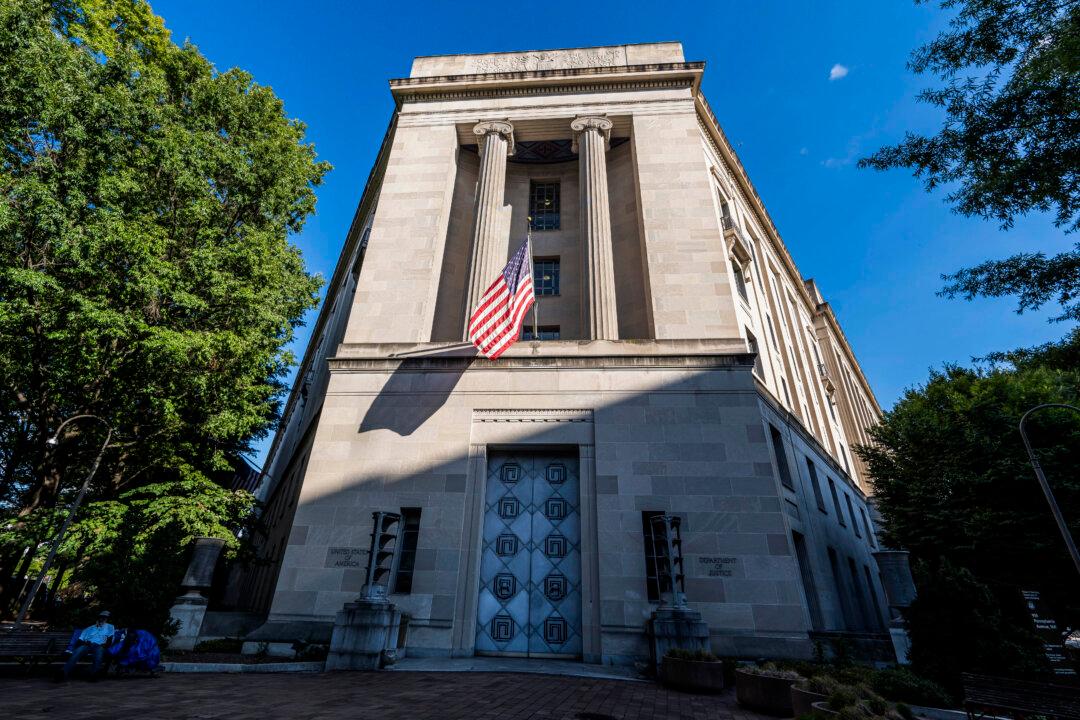U.S. prosecutors have charged three Iranians for allegedly being behind the hack of a presidential campaign.
Masoud Jalili, Seyyed Ali Aghamiri, and Yasar Balaghi helped hack a 2024 U.S. presidential campaign, according to court documents filed in Washington, unsealed on Sept. 27 and obtained by The Epoch Times.





